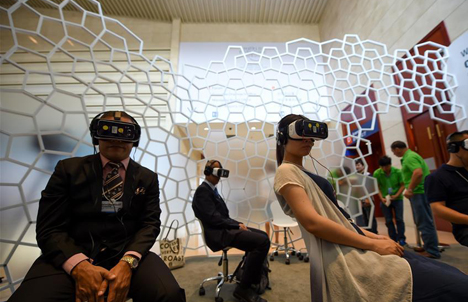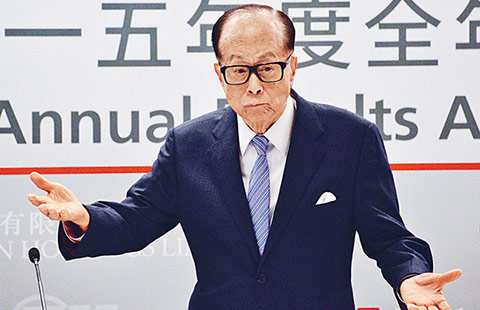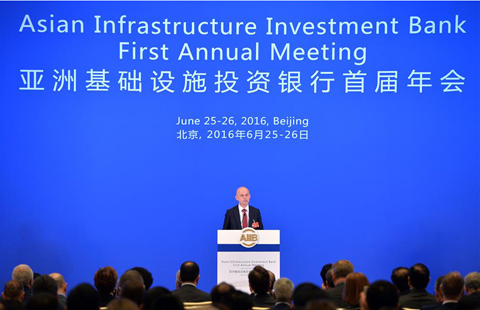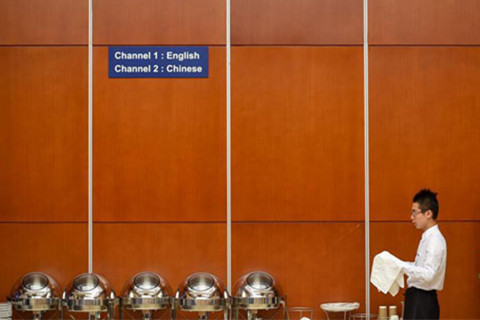Surgeons flooded with calls over implants
By Mei Jia (China Daily) Updated: 2012-01-07 08:21BEIJING - Chinese plastic surgeons say their phones have been ringing off the hook with calls from thousands of breast implant recipients alarmed by the recent news of faulty prostheses.
A Beijing entrepreneur who declined to provide her name had her breasts enlarged in 2008.
The 44-year-old said she became "really worried" after seeing Chinese news reports about the risks of rupture and breast cancer from implants manufactured by a French company that used sub-par industrial grade silicone.
The French government has called for replacement surgery for the about 30,000 women in France who got implants from the French company Poly Implant Prosthesis (PIP).
"But my fears were mostly allayed when my surgeon told me my implants came from the US - not France," she said.
On Friday, China's State Food and Drug Administration advised recipients to consult doctors. But the administration also said the French Ministry of Labor, Employment and Health informed it that: "Women with PIP products implanted don't have higher risks of getting cancer than those with other implants."
Very few Chinese received PIP prostheses. The company only received approval from China's State Food and Drug Administration in April 2009 and the scandal erupted in March 2010, said Luan Jie, a doctor at Chinese Academy of Medical Sciences' Plastic Surgery Hospital. Luan is the leader of the Chinese Medical Association's breast implant division.
In all, 912 PIP implants were imported into China. Of these, 151 pairs were not sold, the State Food and Drug Administration reported.
It said on Friday that it had already tracked down 743 individual implants. Every implant has a serial number.
Tan Xiaoyan, a Hangzhou Plastic Surgery Hospital doctor who has performed breast implant surgeries since 1985, said she has been "overwhelmed" with calls.
"They call on the weekend, and it is disrupting my regular work," she said.
"The callers are afraid and want to check the facts. Some want to learn about implant explosions - a phenomenon for which there is no scientific evidence."
PIP was the third-largest business of its kind before the scandal broke, which forced it out of business. It sold 300,000 implants worldwide, Reuters reported.
"The (Chinese Medical) association's surgeons unanimously agree there is no proof yet that implants cause cancer," Luan said.
"We've seen rare cases of ruptures. But we need more time to reach a conclusion about the risks."
The doctors suggested women who want implants undergo the operations in qualified hospitals and get regular checkups afterward.
"Any woman older than 35 should get a regular breast scan, whether she has implants or not," Tan said.
The news recently broke that the same flaws have been found in PIP's male pectoral and testicular implants, but the administration said none were imported into China - legally, at least.
However, some Chinese male-to-female transsexuals received PIP's breast implants, it says.
- China's service trade deficit narrows in May
- Industrial park projects to boost international ties
- Chinese brands becoming household names in Australia
- China to continue opening up to aid economic transition: Premier
- Premier promises steel, coal capacity cuts
- Premier Li calls for reform to revive world economy
- New driving force bringing momentum to economy: Premier
- China mulls allowing more to practice asset appraisal


















